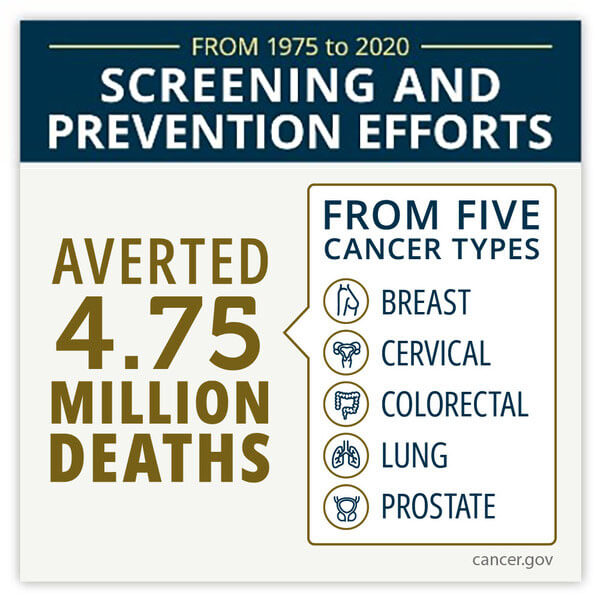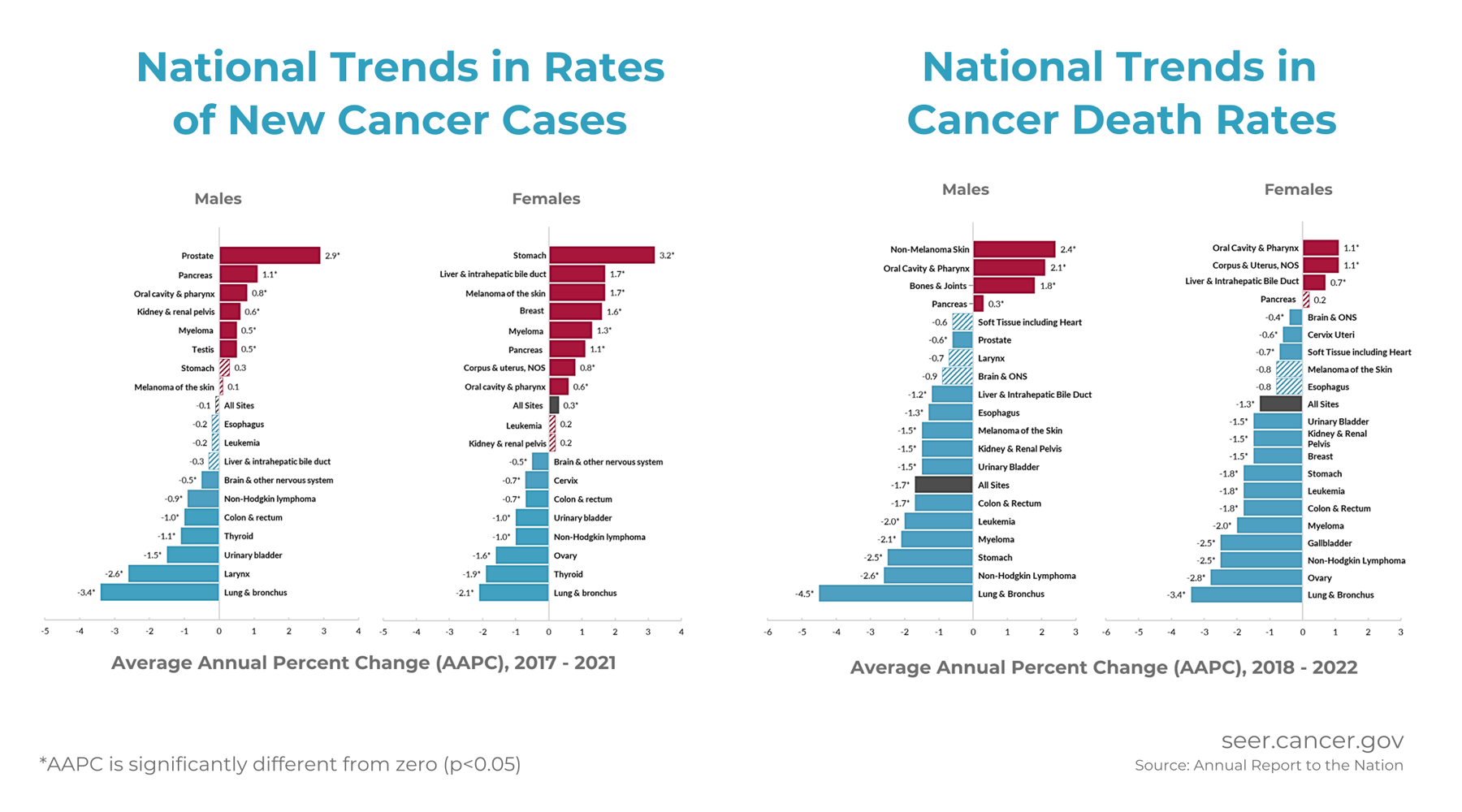Welcome to the Division of Cancer Control and Population Sciences (DCCPS)
The Division of Cancer Control and Population Sciences (DCCPS) has the lead responsibility at NCI for supporting research in cancer surveillance, epidemiology, health services, behavioral science, and cancer survivorship. The multifaceted science funded and conducted by DCCPS also plays a central role on issues such as obesity, tobacco control, healthcare delivery, statistical methods, and the translation of research into practice.
Stay up-to-date on everything from DCCPS LinkedIn
Highlighted Areas of Focus
Health Behaviors Research
Working to create a world in which people engage in healthy lifestyle behaviors to prevent cancer, improve treatment outcomes, extend life, and optimize health and well-being.
Epidemiology and Genomics
Supporting research to better understand cancer causes and outcomes and to translate findings into clinical and public health interventions.
Publicly Available Datasets to Generate Hypotheses and Research Questions
Developing, maintaining, and analyzing critical data resources, such as NCI’s Surveillance, Epidemiology, and End Results (SEER) Program, to present a big-picture view and explore patterns and trends in cancer incidence and outcomes.
Cancer Survivorship
Working to enhance the quality and length of survival of all those diagnosed with cancer and to prevent, minimize, or manage adverse effects of cancer and its treatment.
Spotlight
Brief Report
Invited Annual Progress Report for Coping
Improving lives through research and innovation, with a special focus on younger survivors
RESEARCH TOOL
NCI SEER launches CONCORD*Explorer, an interactive tool for international childhood cancer survival data.
Report
NCI FY27 Annual Plan & Professional Judgment Budget Proposal
The proposed FY27 budget from NCI supports a balanced cancer research portfolio that saves lives today while building toward tomorrow’s innovations.
About DCCPS
In 1997, NCI established DCCPS to enhance its ability to alleviate the burden of cancer through cancer control research. This research generates basic knowledge about how to monitor and change individual and collective behavior, and to ensure that knowledge is translated into practice rapidly, effectively, and efficiently.



